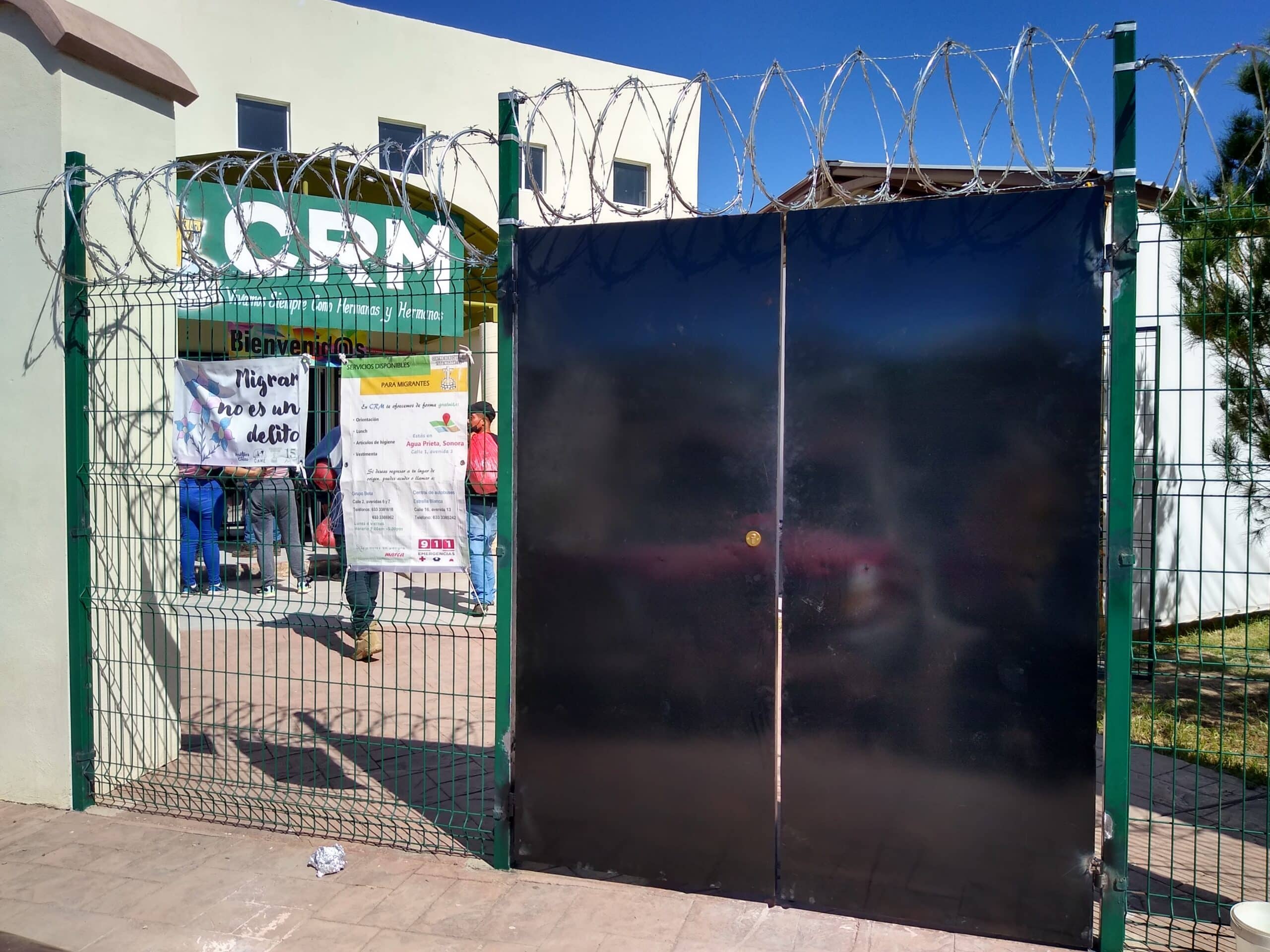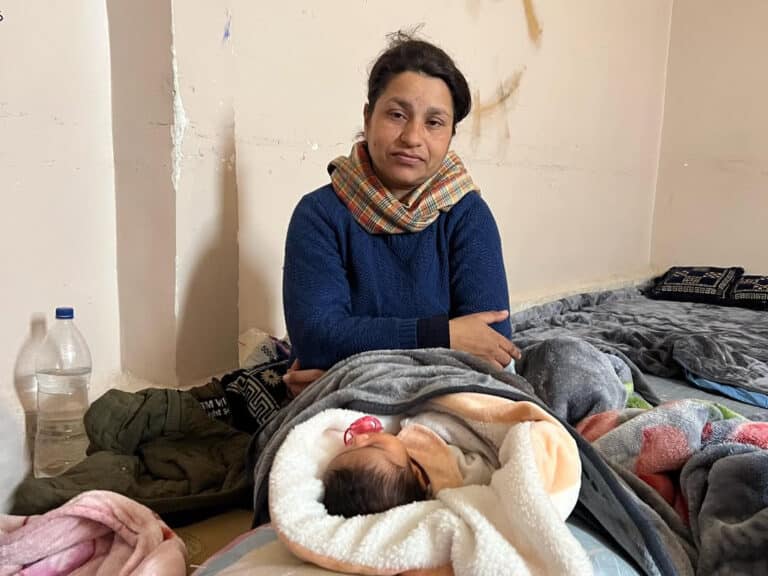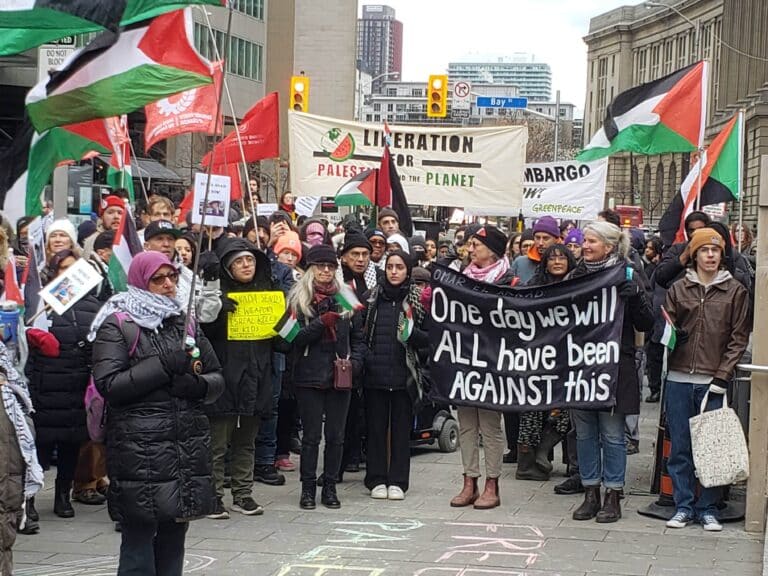Over the last 20 years, the Mexican cartels have become increasingly powerful through their control of the illegal drug trade and the movement of migrants through Mexico and into the United States. These criminal organizations utilize threats, intimidation, kidnapping, and bribery of government and police authorities to facilitate the movement of drugs and migrants and increase their lucrative business. They have easily bought off officials and law enforcement, killing or disappearing those who have resisted. Migrants are also threatened and killed if they cannot pay.
As the criminal cartels in Mexico have increasingly taken control of the movement of drugs and migrants, the Mexican government struggles to respond effectively. For years, the government employed the military to combat cartel influence, but this only exacerbated the violence, killings, and corruption. In 2019, newly elected president Andrés Manuel López Obrador established the National Guard, ostensibly to take enforcement out of the hands of military control. He also argued that the National Guard would not be subject to pressures of corruption and intimidation. Eventually, the president abolished the Federal Police—the civilian-controlled enforcement and investigative body responding to cartel threats—placing all authority for cartel response in the hands of the National Guard. But last week, the Mexican national legislature voted to militarize the National Guard, placing it under the department of defence.
In large northern border cities like Tijuana and El Paso, and even in smaller cities like Agua Prieta, the Mexican government has deployed an increasing number of National Guard officers to combat cartels, staff Mexican Customs at the Port of Entry, and protect migrants supposedly. The government has also provided money for increased security at the migrant shelter and the Migrant Resource Center (Centro de Recursos para Migrantes), which offers resources for migrants that have been returned to Mexico.
- Pray that militarizing the National Guard is not another step in Mexico’s democratic decline.
- For people of the global north: repent that your greed and disregard for human rights, as they have contributed to the violence occurring in Mexico.
- Mourn for the people of Mexico who are caught between warring forces.
- Grieve for migrants and their families who are powerless to protect themselves.
- Pray for courage for those who work and volunteer with migrants in dangerous situations.




